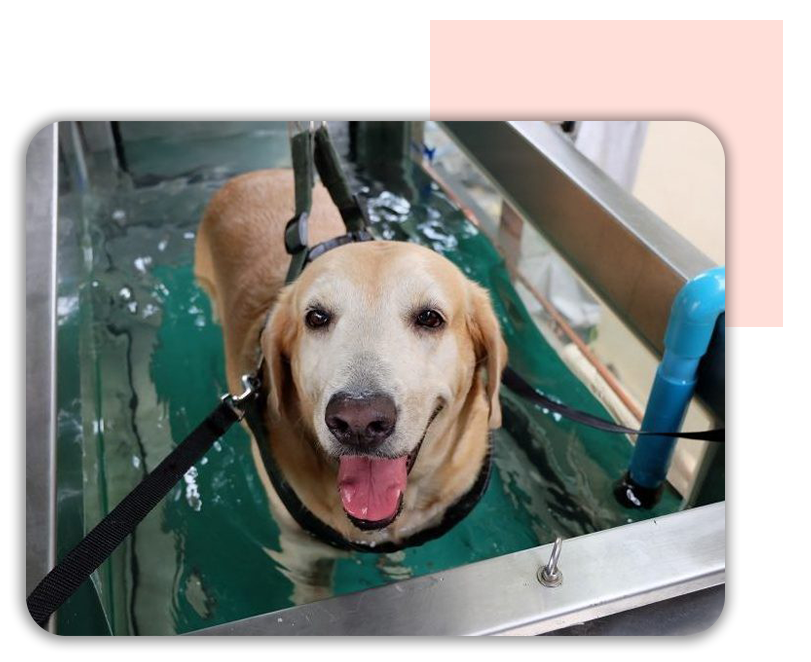Although keeping exotic animals as pets can be fun and exciting but taking care of them medically is much more challenging than caring for their daily needs. Most of the veterinarians are trained only to treat canines and felines and if they want to treat exotic pets, they have to go through special training. Hence, most of the vets will not agree to even take care of their basic clinical care.
Any other animal except a cat or a dog is generally considered exotic, even rabbits. Veterinarians, even if they do have specialization, decline treatment to these pets if they are not experienced enough. Why? Because it includes the following challenges:
- Each species is special: Vets cannot extrapolate in case of exotics. They cannot just arbitrarily apply whatever they know about an animal while taking care of exotics, this would lead to inadequate treatment.
Simply put, caring for a large array of exotic pets demands constant research habits, consults, interest, experience, case load and skill.

- Even the assistants must be skilled: To take samples, tests, scans, X-rays or even a simple task as injecting of medicines requires an experienced, patient, and qualified helper.
- Exotics demand controlled environment: Most exotics react badly to stress and commotion around them. Hence, they require controlled temperatures, humidity and as little stimulation as possible.
- Exotics demand specialized equipment: Exotics are generally less tolerant to the anesthesia and require the anesthesia equipment and delivery to be tailored specifically according to their species. Moreover, the surgical and dental instruments and proper housing including oxygen cages, incubators and heat sources must also be specially designed and purchased to fit their needs.
- Local laws and ethics: There are federal and state laws relating to keeping of exotic and wild pets. Certain pets even require a license to keep them. And so there are also laws pertaining to their clinical handling which most vets feel uncomfortable with.
- Exotic pets also have “exotic” diseases: These, thus, have to be handled specifically as well. Moreover, the vet must know all about the disease to treat and cure it.
- Failure in treatment: Veterinarians generally face losing battles during treatment of sick exotics. This is because the pets mostly feel lonely and sad, making them lose appetite, the will to live, etc.
- Money- the perennial issue: In reality, treating exotics is very expensive since there are so many special requirements.
Emergency care is difficult to provide: As speculated, your special friend will most likely face problems when in need of emergency care due to multiple reasons already mentioned.
- Diseases in rabbits
- Overgrown teeth
- Hairballs
- Parasites
- Cancer
- Indicators of a healthy rabbit
- Regular dental checkups indicate good dental health
- Keep the rabbit spayed and neutered
- Signs of illness
- Discharge from the eyes or nose
- Runny stool
- Gurgling stomach
- Has an elevated or low temperature
- Begins drooling, scratching at the ears, or sneezing
- Starts tilting its head
- Develops bald patches in its fur
- Stops eating
- Appears overly quite
Shows abnormal behavior like aggression, destructive chewing and biting, etc.
Birds are much more special in terms of exotic pet care. They not only require an appropriate diet, a calm environment and proper care but also need to receive compulsory vaccines without which their health may be severely affected.
At Max Vets, you can trust us with providing such specialized care and regular examinations to keep your bird’s health in check.
Our vets can counsel you regarding any difficulty you may face with your bird or any query you may have.
- Fluffed-up feathers or fur
- Decreased activity
- Loss of appetite
- Loose droppings or other changes in stool
- Excessive urination
- Weight loss
- Picking feathers, scratching or biting skin, or fur loss.
- Swellings
- Difficulty breathing
- Making odd noises
- Closed or swollen eyes
- Nasal discharge
- Diarrhea
- Sitting in one place for extended periods of time with feathers puffed out
- Noisy or labored breathing, with wheezing or clicking sounds, tail bob associated with breathing
- Scaling or crusting of the face/feet
- Weakness, limping, wing droop
- Lethargy
- Regurgitation
Sitting at bottom of the cage
Think your guinea pig is similar to a mouse or a rabbit? Absolutely not! They may be small, but they also have their own special needs most important of which is the vet visit on a regular basis.
Guinea pigs have teeth which grow continuously and require trimming regularly.
At Max Vets, you can enjoy various services available for your beloved guinea pig which include grooming, getting rid of infesting parasites, and taking care of other health issues. You can even find the appropriate chew toys at the pet shop which can help in keeping the teeth worn down
- Loss of appetite
- Loss of weight
- Appearing quieter than usual
- Discharge from eyes/nose
- Developing a lump on the body
- Refusing to move too much
- Wet/blurry eyes
- Losing hair
Any weird marks or coloured skin
Meet our team members











